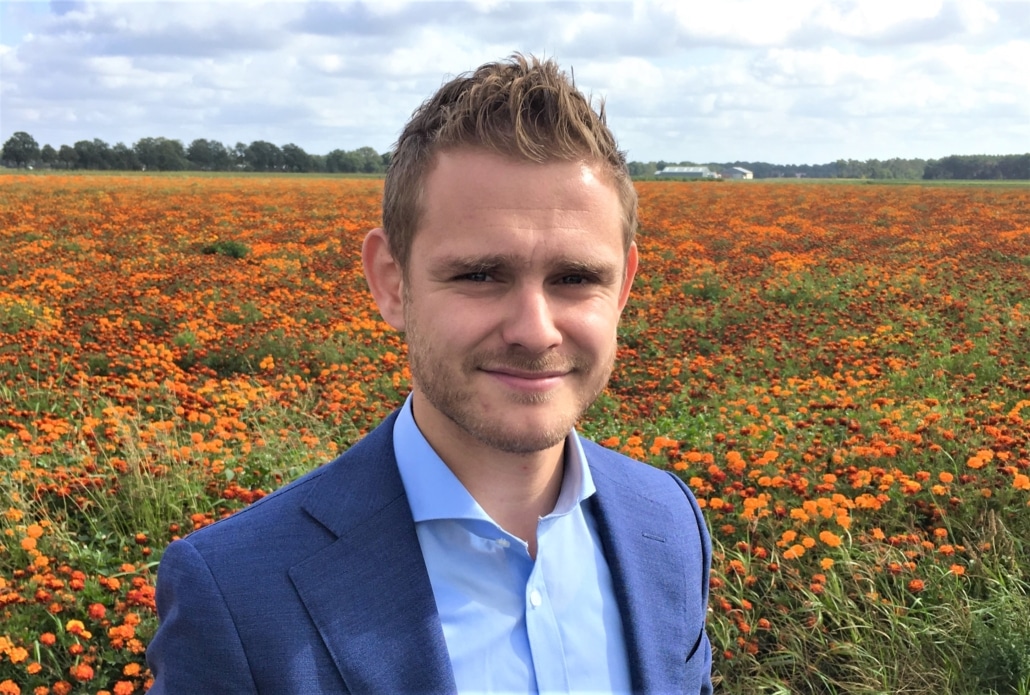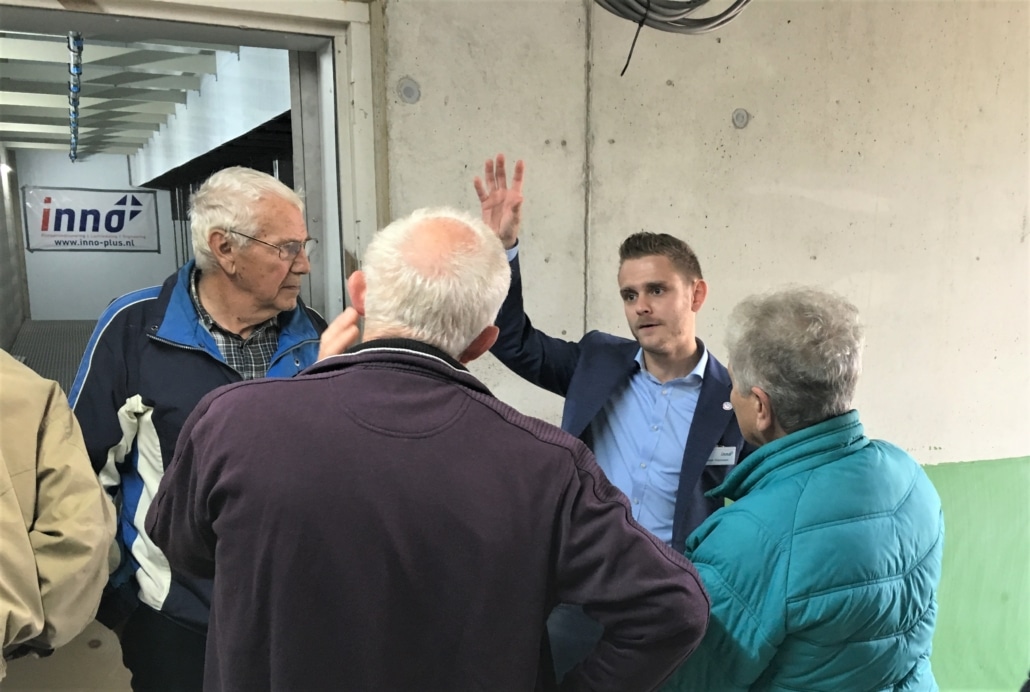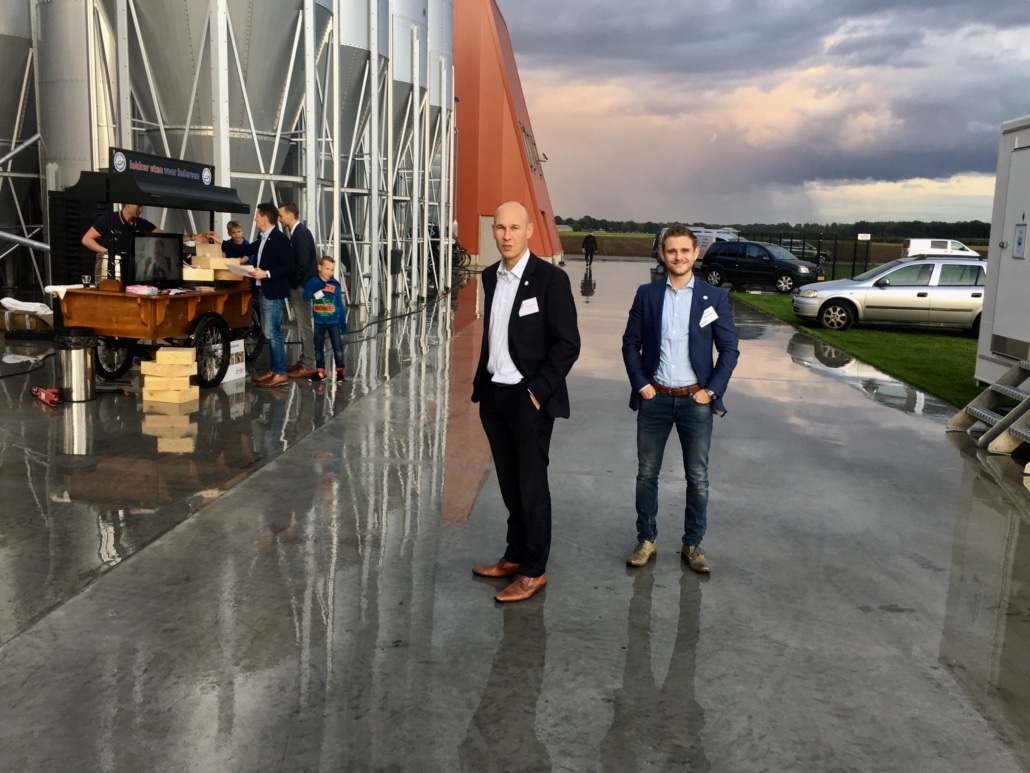Pieter Hanssen new International Sales Manager Benelux
Pieter started working for us in 2019 as International Sales Support for direct Sales and Dealers. During the past 18 months, Pieter has shown tremendous potential in Sales and Dealer Management, where he won over several important projects. This made Pieter the right person to take over the management of Benelux for both Direct Sales and Dealers after the departure of Mischa Hermkens.
He started as Sales Support and quickly progressed to International Sales and Support. Pieter took care of the daily sales business in the office and was responsible for the dealers in the Netherlands. Further, down the line, Pieter was also involved in Field Sales, where he visited clients and worked as a sales representative.
His background is in electrical engineering having worked for several installation companies in the Limburg’s region before joining Inno+.
Pieter lives in the Limburg village of Kessel together with his girlfriend Elle and two dogs. When not developing his professional business skills, he is a keen sportsman either in the gym or on the tennis. Once a year he arranges a large scale party for over 2000 people called the ‘’KADM Festival’’ with a group of friends
So how much does he know? We asked the questions.
As a relatively new member of our industry, but someone who over the last two years has gained a lot of knowledge about air scrubbing and the possibilities of using this technology to optimise barn climate, animal welfare and reduce carbon footprint. We asked his opinion on some key aspects of the business.
Chemical or biological air scrubbing? Is one better than the other?
First, I would like to say, that for many it is in the wordage. Chemical is seen as bad or unacceptable; whereas Biological gives us a feeling were doing it right. This of course is just a matter of opinion. What I have learnt in the last couple of years is that both processes have their specific application. What is interesting, at the end of each, the result is the production of a valuable organic fertilizer. Chemistry yes, but bad probably not. The question is what do you want to achieve. If its efficient removal of ammonia and dust then I would recommend chemical air scrubbing and this achieves excellent results and lowers management of the wash water. However if you need to address odour issues then probably Biological air scrubber would the best solution. Saying that however odour reduction is very subjective and in most case ‘in the nose of the receiver’.
The last point you make is very interesting about odour being subjective. We hear that Biological air scrubbing doesn’t always work. Is this true and if so why?
Biology is something we cannot control but if managed correctly it definitely works. We test all our equipment through certification and part of that process is to measure things like odour. What we see when we take measurements is dramatic differences in not only the levels of odour from similar production but also the end results from the biology. This leads us to conclude in most cases the issues is not in the technology itself but the processes running that can be affected by many factors. Be that feed quality, lighting in the house, air quality and of course oxygen and energy levels in the water. This is a very exacting science and needs to be managed correctly. I realise working with my colleagues at Inno+ that we have come a long way over the last few years to better understand the biology, but still have a few steps to go before we can definitely say we fully understand this area of air abatement.
What do you think are the possibilities to use energy from air scrubbers to provide pre conditioned air to the barns?
Heat recovery will become an important aspect in intensive livestock farming. Not only will we have to meet the ammonia, odour and dust reduction targets, but sustainability will also play a more crucial role in keeping livestock. At the moment, with heat recovery from the air scrubber, the farmer reuses the energy that the pigs produce to heat the stables, such as a heat pump or a Triple EEE system. Where the heat pump only serves to save energy, the Triple-EEE has many more advantages. With the Triple-EEE, the incoming air is preheated. This eliminates the cold peaks in the winter and actually brings a constant spring climate into the stable. This doesn’t just mean energy savings, but also improvements in feed conversion, mortality, healthy animals and optimal growth performance. On a typical pig breeding farm for instance, we see payback on equipment and running costs as soon as 4 years for the farmer. From then on, its free money in the pocket. Today I see only leading farmers adopt this approach, but in the future I expect over 70% of those rebuilding or upgrading their stables, will serious look at integrating this approach into their systems.
We hear a lot about heat stress and cooling at the moment, it is clear there are a lot of advantages to cool properly. What methods would you consider most appropriate for animal production?
Heat stress is also a very important issue in intensive livestock farming. With the recent summers, animals live in a very uncomfortable environment, which also means that their performance is affected. Be that semen quality in boar production or farrowing rates on sow farms. Also for poultry, being able to cool effectively means we can control ventilation rates in the summer that disturb the birds. An overheated and stressed animal will not or hardly eat and drink, resulting in poor growth performance and stamina. Fertility will also be significantly affected. In common place today we see a lot farmers invest in wet systems such as cool pads and evaporation which does have an effect. However we see little focus on the energy retained in the air from these systems, creating high humidity that results in the animals struggling to release their heat energy and ultimately still suffering from heat stress. Therefor the type of cooling is also important. Ideally, you want ‘dry’ cool where possible to provide the optimal climate in the summer.
What do you think the agricultural sector will look like in the future?
Well agriculture is here to stay, we need to feed the world. How we do this will very much depend on consumer choice and regulation. If I was to make a prediction, I reckon in the next 30 years much of the industry will have consolidated and a large proportion of production will be ‘Big farming’. This brings a lot of advantages. Not only in bringing efficiency and making best use of the resources we have available, but also regards to protecting the planet, the adoption of the technologies I have just explained, will allow those that do remain to produce in an environmentally sound way.
If you would like to make contact with Pieter to discuss your plans and learn more about what Inno+ are doing, please feel free to contact him on his phone: +31 (0) 6 10 49 96 79 or email: phanssen@inno-plussystems.com





